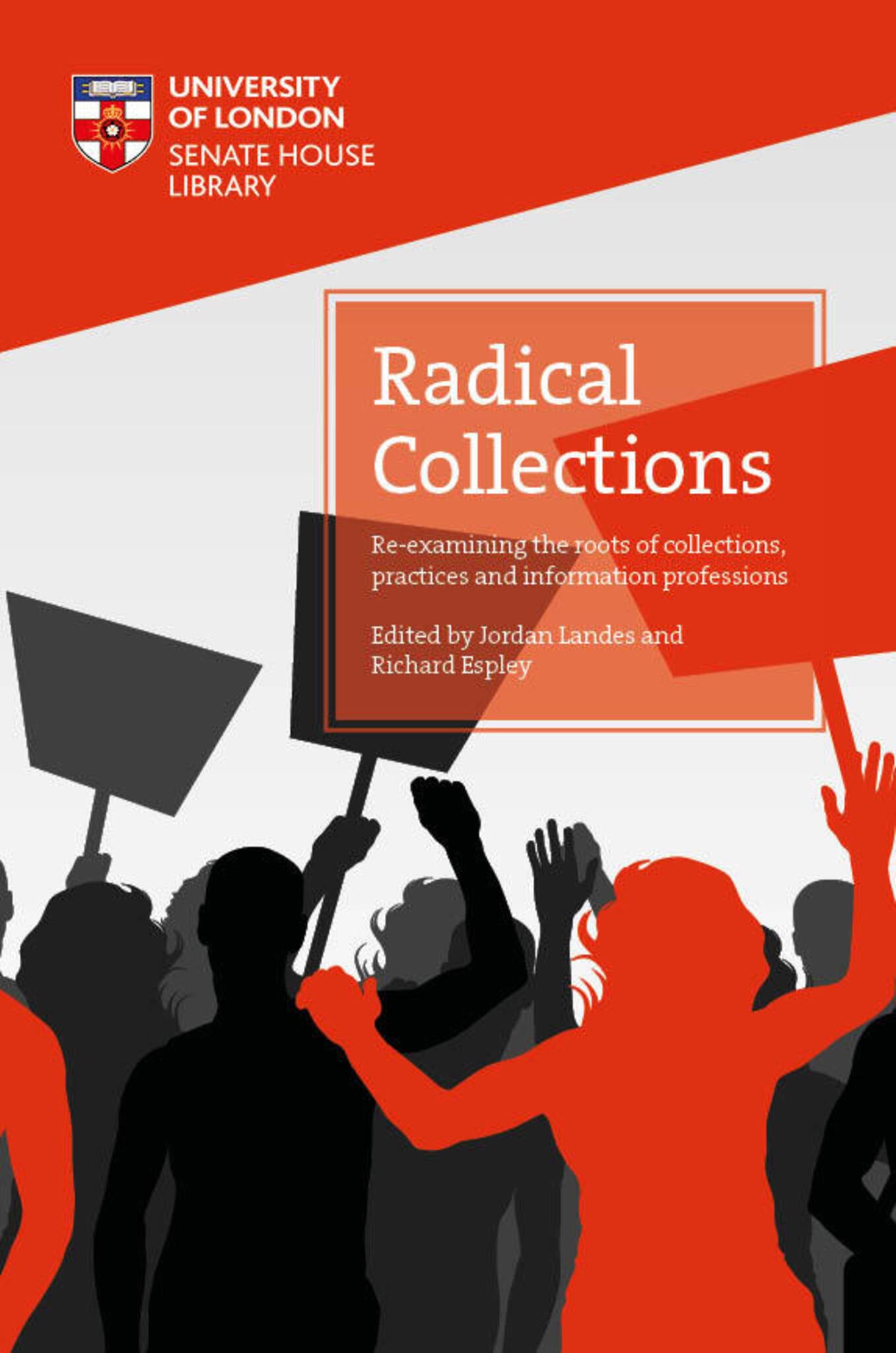We're sorry. An error has occurred
Please cancel or retry.
Radical Collections: Re-examining the roots of collections, practices and information professions

Some error occured while loading the Quick View. Please close the Quick View and try reloading the page.
Couldn't load pickup availability
- Format:
-
31 January 2019

Do archivists ‘curate’ history? And to what extent are our librarians the gatekeepers of knowledge?
Libraries and archives have a long and rich history of compiling ‘radical collections’- from Klanwatch Project in the States to the R. D. Laing Archive in Glasgow, but a re-examination of the information professions and all aspects of managing those collections is long overdue. This new book shines a light on pressing topical issues within library and information services (LIS)- to encompass selection, appraisal and accession, through to organisation and classification, and including promotion and use. Will libraries survive as victims of neoliberal marketization? Do we have a responsibility to collect and document ‘white hate’ in the era of Trump? And how can a predominantly white (96.7%) LIS workforce effectively collect and tell POC histories?

EDUCATION / Teaching / Subjects / Library Skills, Library and information services, LANGUAGE ARTS & DISCIPLINES / Library & Information Science / Collection Development, Acquisitions and collection development

Introduction: Radical collections and radical voices
Jordan Landes 1. Radical or reactionary? James Wilkinson, Cork Public Library and identity in the Irish Free State
Mairéad Mooney 2. Beyond the Left: documenting American racism in print periodicals at the Wisconsin Historical Society, and theorising (radical) collections today
Alycia Sellie 3. ‘Mind meddling’: exploring drugs and radical psychiatry in archives
Lucas Richert 4. Cataloguing the radical material: an experience requiring a flexible approach
Julio Cazzasa 5. Decentring qualification: a radical examination of archival employment possibilities
Hannah Henthorn and Kirsty Fife 6. Enabling or envisioning politics of possibility? Examining the radical potential of academic libraries
Katherine Quinn



